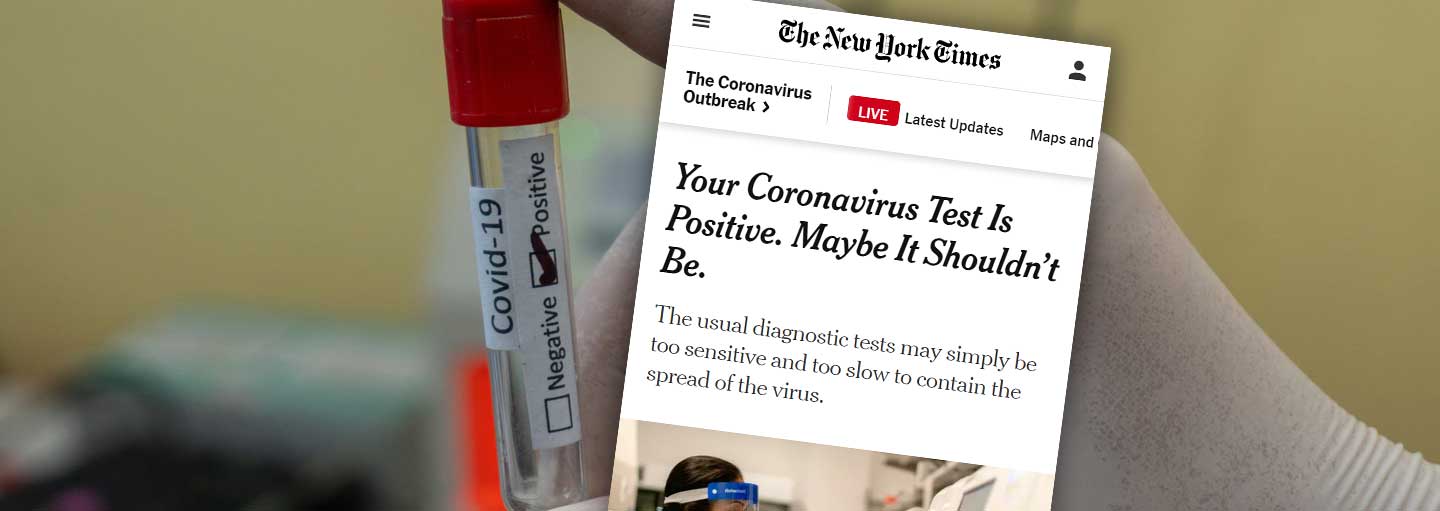Up to 90 percent of Americans who tested positive to COVID-19 should have received a negative result, according to a report released by The New Yoke Times.
The review, published August 29, revealed tests were flagging individuals who were found to be carrying barely any virus and were unlikely to spread the disease.
“The standard tests are diagnosing huge numbers of people who may be carrying relatively insignificant amounts of the virus,” The Times stated.
Adding: “In three sets of testing data that include cycle thresholds, compiled by officials in Massachusetts, New York and Nevada, up to 90 percent of people testing positive carried barely any virus, a review by The Times found.”
“Most of these people are not likely to be contagious, and identifying them may contribute to bottlenecks that prevent those who are contagious from being found in time.”
PCR testing, the most widely used method, works by amplifying the genetic matter from the virus in cycles. The fewer cycles needed to detect genetic matter from the virus, the higher the patient’s viral load and the more likely that person is contagious.
However, the number of amplification cycles needed to detect the virus is never included int he results sent to doctors and patients, despite the fact this could tell how infectious an individual is.
According to The Times, most tests set the limit at 40, meaning a positive result could require 40 cycles in order to detect the virus.
Juliet Morrison, a virologist at the University of California, Riverside said anything above 35 cycles is too sensitive.
“I’m shocked that people would think 40 could represent a positive,” she said.
Dr Michael Mina, an epidemiologist at the Harvard T.H. Chan School of Public Health said he would set the figure at 30, or even less because tests with such a high sensitivity may detect leftovers from an infection that pose no particular risk — akin to finding hair in a room long after a person has left.
Liz Wheeler of AON reports:
The most shocking part of all: COVID-19 public policy is based on these faulty numbers. pic.twitter.com/pdigg4RbKj
— Liz Wheeler (@Liz_Wheeler) September 5, 2020



















